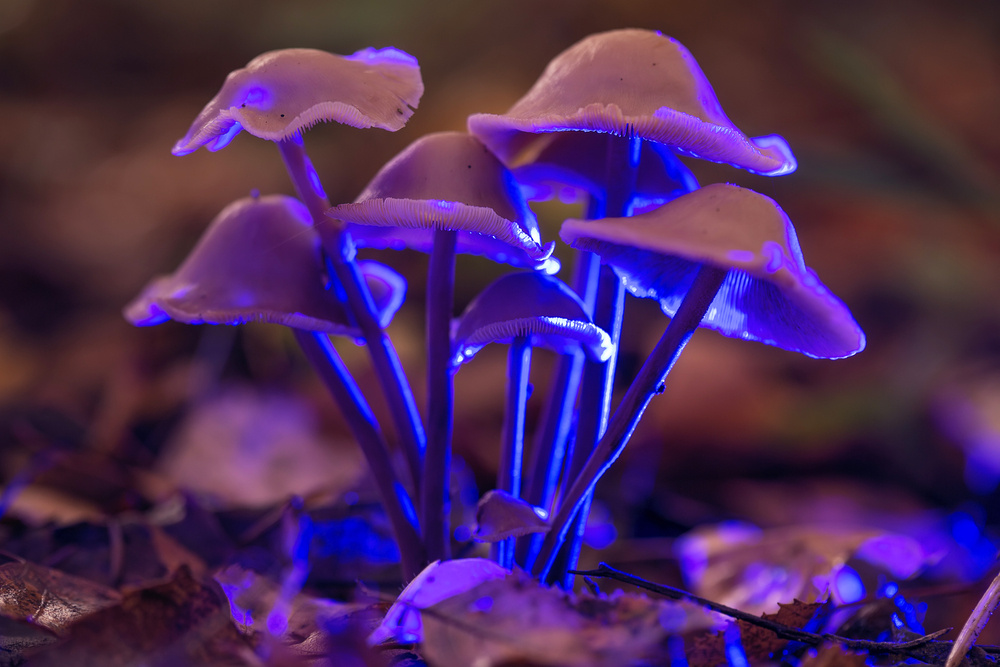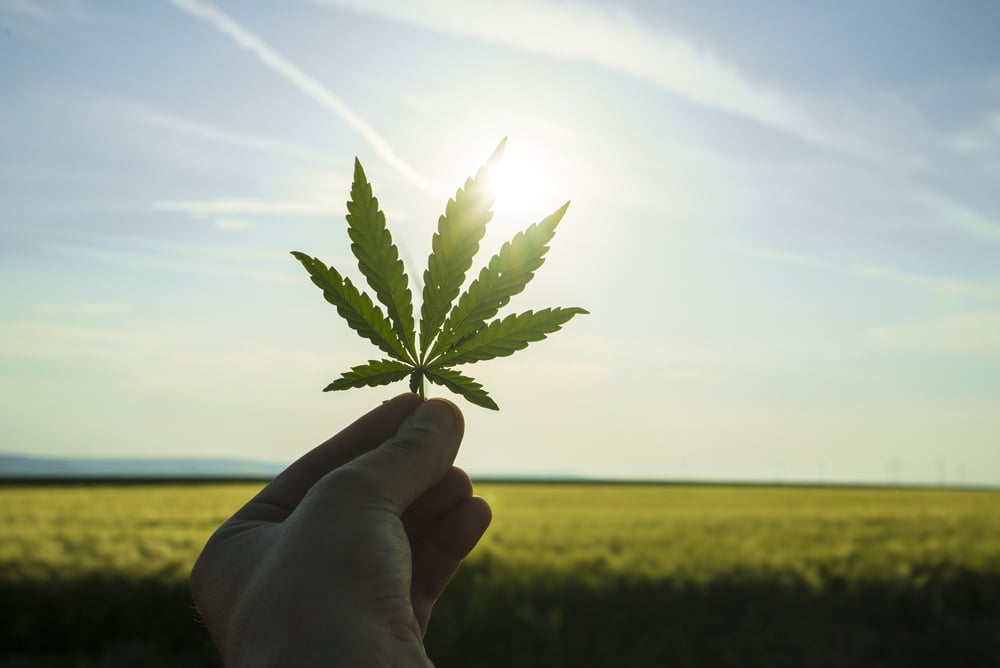When looking into alternative medicines or therapy, there are certain words which tend to be used interchangeably: psychotropic, psychoactive, and psychedelic. We see various articles and people using these words as though they are synonyms all the time, but they really aren't.
In most professional literature, the three terms do have different meanings, although the question of psychoactive vs psychotropic is a little more debated. Either way, if you're researching the topic, it's a good idea to know clearly what these three similar words mean, and how they differ from each other.
Psychoactive vs Psychotropic vs Psychedelic
Definition: Psychoactive
In most definitions, "psychoactive" is the broadest term for drugs which affect the brain.
Here, psychoactive refers to any drug which crosses the blood-brain barrier and causes any change in the mind, mood, or behavior. For example, caffeine would be considered a psychoactive drug under this definition, even though it is definitely not psychotropic or psychedelic. Some painkillers would also qualify, if they work on the brain and not just at the local source of pain.
However, this usage of psychoactive isn't 100% agreed on. Some scientific literature still treats it as a synonym of psychotropic. On the other hand, there are countries with laws on the books, such as Britian, which clearly use psychoactive to refer to any brain-altering chemical.
On the whole, though, it's probably a good idea to have an 'umbrella' term which covers all drugs of this type. So we'd say it's still fundamentally useful to distinguish psychoactive vs psychotropic drugs, and would encourage this usage.
Speaking of...
Definition: Psychotropic
In general usage, "psychotropic" refers to drugs or other chemicals which cause significant changes to mood, activity, or brain behavior. Ie, the actions of the chemical are more obvious and noticeable than a basic drug like caffeine.
Along with the usual psychedelic drugs, this would also include psychiatric medications such as SSRIs which are intended to correct for harmful behavior, as well as anti-epilepsy drugs. If it substantially changes how the brain functions in any way, it's psychotropic.
Nearly all psychotropic drugs and medications will also have notable side effects, which the user should always be aware of. Even if they're prescription meds, stay informed about what any psychotropic medication is doing to your brain - especially if you're experimenting with psychedelic drugs on the side. The wrong combinations of psychotropic drugs can do serious damage to the mind and/or body.
Definition: Psychedelic
"Psychedelic" drugs are a specific type of psychotropic chemical which cause major noticeable changes to a person's consciousness or perception.
A psychedelic will cause users to have visual or auditory hallucinations, or potentially cause spiritual 'trips' such as out-of-body experiences or perceived contact with otherworldly entities. This includes most of the classic trip or party drugs, such as LSD/Acid, MDMA/Ecstacy, psilocybin mushrooms, and Ketamine.
Plus, as psychotropics, there are usually significant side effects to keep in mind when using psychedelics.
Psychedelic drugs are typically illegal in most countries, although there are carve-outs and exceptions. For example, many countries have exceptions for native tribes who use psychedelics as part of their spiritual ceremonies. This would include use of peyote in the southwestern US, or ayahuasca in Central American countries. Just keep in mind, a person generally must be accepted as a member of a recognized tribe for these exceptions to apply.
However, as research into the therapeutic benefits of psychedelic drugs continues, this status may change. For example, a form of ketamine was recently approved by the FDA as a remedy for Treatment-Resistant Depression. It's possible many of these currently-illegal psychedelic drugs will come to be recognized as valid treatments in the future.
Sidebar: Is Marijuana a Psychedelic?

Marijuana is an interesting topic here, because opinions have long been divided over whether marijuana is psychedelic or merely psychotropic. It helps illustrate how these terms are still a bit fuzzy, despite attempts at clear definition.
Most scientific literature does not consider marijuana to be psychedelic - but according to at least one study, this may have more to do with the dosages being used. Typical research into marijuana for therapeutic purposes focuses on low-to-moderate doses of marijuana or THC, its active ingredient. In such doses, marijuana definitely affects mood and behavior - like a psychotropic - but does not cause major changes to perception.
Yet many users who have taken large doses of marijuana will likely testify that it can act as a psychedelic drug as well. Perception tends to become intensified, with subtle yet noticeable changes in the senses. At extremely high doses, marijuana has been reported to cause dissociation - similar to Ketamine - or even deep inner trips, which would put it more in line with traditional psychedelics.
This all goes to show how much more research needs to be done into how psychoactive drugs affect the mind and body.
Psychoactive vs Psychedelic vs Psychotropic - Does It Matter?
We say yes! Even if the definitions don't have much affect on the subjective experience of using these drugs, it can be very useful information to know whenever you're doing research. Whether a paper refers to psychedelics, psychotropics, or psychoactive chemicals can have a big impact on the approach taken by the writers and the conclusions they come to.
So keep these definitions in mind whenever you're reading about medications you might try, or talking about the topic. It'll help promote overall education and awareness of these potentially important tools for improving mental health!



